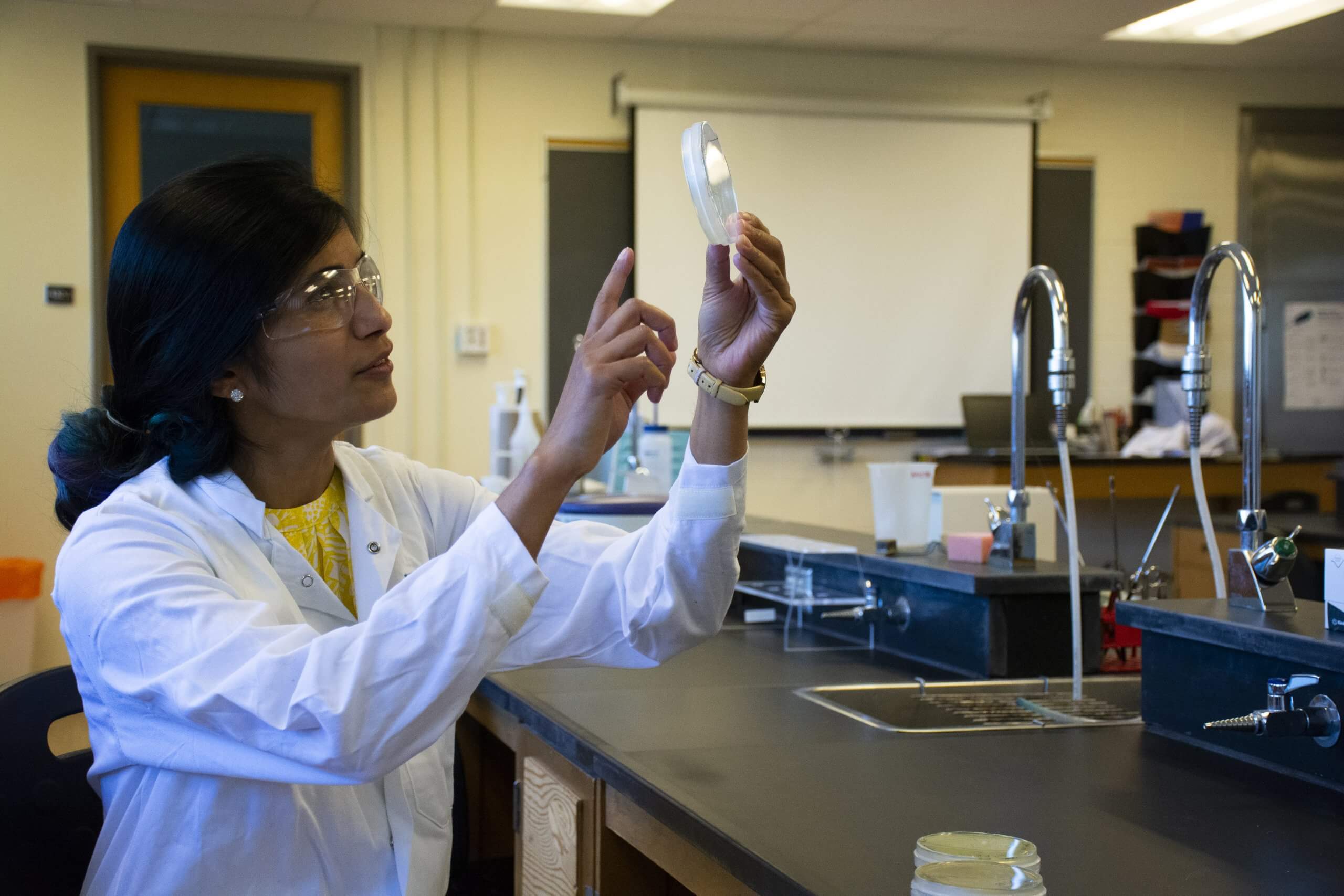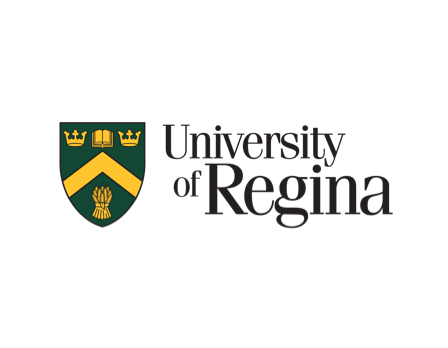To say that the coronavirus pandemic is throwing universities all over the world for a loop would be an understatement. Many continue to scramble to transition to online teaching and to ensure student wellbeing in these unprecedented times. At the University of Regina’s Faculty of Science in Canada, however, these are challenges that they are tackling head-on with success.
Professors in the Faculty can take much of the credit for this, thanks to their flexible approach in dealing with the crisis. More than just academic support, they are offering help to students faced with pandemic-related financial woes or otherwise, on top of the everyday stresses of being a university student.
All members of the Faculty of Science are going the extra mile in this aspect, and with ingenuity too. The study of sciences involves a significant number of hours in the lab — when the university had to pivot, suddenly and quickly, to teaching online earlier this year, how did they make sure students did not lose out on this cornerstone of science education?

Source: University of Regina, Faculty of Science
Luckily for biology laboratory instructor Heather Dietz, she has her prior experience as an online student and the support of like-minded co-instructors to leverage on. Most science courses and labs are now taught online, apart from a very small number of research-based courses, to prevent the spread of COVID-19. Dietz and her colleagues are undeterred by this, seeing this as an opportunity to innovate their lab-based microbiology courses instead. “We are less concerned with presenting many concepts and more concerned with ‘deep dives’ into far fewer topics,” Dietz explains.
As not all students can access scheduled virtual classes easily, they are now limited to a maximum of 90 minutes. Classes are more discussion-based too, instead of one-way lectures. Dietz has also made her remotely-delivered microbiology courses at “zero additional cost” to students. “We have removed the (artificial) distinction between traditional lectures and labs, and have created a far more relevant and student-centred course. In addition, transparency, humility, honesty, flexibility, and kindness go a long way in creating this student-centred remote learning community,” Dietz adds.
Hands-on learning during a pandemic
Lab classes are important for science students as they solidify practical skills and the intellectual culture of the discipline. How can science courses such as biology and genetics be effectively taught when everything is online and students can’t access the facilities they need?
Instructors at the University of Regina’s Faculty of Science have found ways around that. In her microbiology class, Dietz’s students receive a package which lets them perform techniques they learn from text- and video-based procedures using tools provided in the home kit. Students get to design and set up their own Winogradsky column experiment at home, a low-risk experiment that has been a staple of studies in microbial ecology for over a century, using their own recycled plastic drink containers, and mud or soil.
Other faculty, like Maria Davis, who teaches Plant Physiology and Genetics, are similarly harnessing the potential of the “at-home lab”. For one experiment related to root nodulation, the faculty supplies pea seeds and nutrient packages to students to conduct experiments in their own homes. This serves as an “independent replication,” according to Davis, as well as a lesson in collaborative science as the data analysis will be based on the combined data set collected from the 90 students enrolled in this class.

Source: University of Regina, Faculty of Science
“I am doing this in the hopes of getting students more engaged in class as they get to perform hands-on work and gather data from their own homes. The students will ask questions relating to root nodulation in an agriculturally relevant plant (the pea) using local soils,” she explains.
If students aren’t able to perform this experiment at home, Davis gives them the option of an alternative assessment, where they reflect on their experience and share any artwork or writings that are a product of their metacognition activity.
Fostering a supportive online community at the University of Regina
Just because they are now in different corners of the globe, that doesn’t mean the Faculty of Science can’t offer emotional support to their students in need. One of Dietz’s primary goals when remote learning began was to create an inclusive online community through the use of asynchronous discussion groups, live breakout discussions, and pre-recorded student videos. Distance should be no reason students can’t get to know each other better, she believes.
“To supplement the University of Regina’s course management system, and to make the student experience a little more fun — or at least less formal — we use Kahoot! for informal game show competitions and for formative assessment polls. We use the Flipgrid video platform as an asynchronous way to check in with students and to support students. Students are also able to support and encourage each other using Flipgrid,” Dietz shares.
As for Davis, the pandemic taught her that being flexible and inclusive makes students feel supported and welcomed. She says, “In my welcome video, I took some time to provide my students with some tips to help reduce stress. I will be sure to keep reminding students of these during the semester with my weekly ‘What’s on this week’ videos.”
Professors are also always there to offer a virtual listening ear or shoulder to cry on. Dietz says, “I’m not an expert in psychology, but I am a good listener for those students who have the courage to talk to an instructor. For students who need more help than I can provide, I refer them to someone who can help.”
Follow the University of Regina on Facebook, Twitter and YouTube, and the Faculty of Science on Facebook, Twitter and Instagram
Like this? Then you’ll love…
University of Regina: Supporting female students in STEM
University of Regina: Preparing you for the hottest STEM jobs in Latin America











